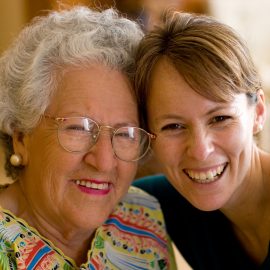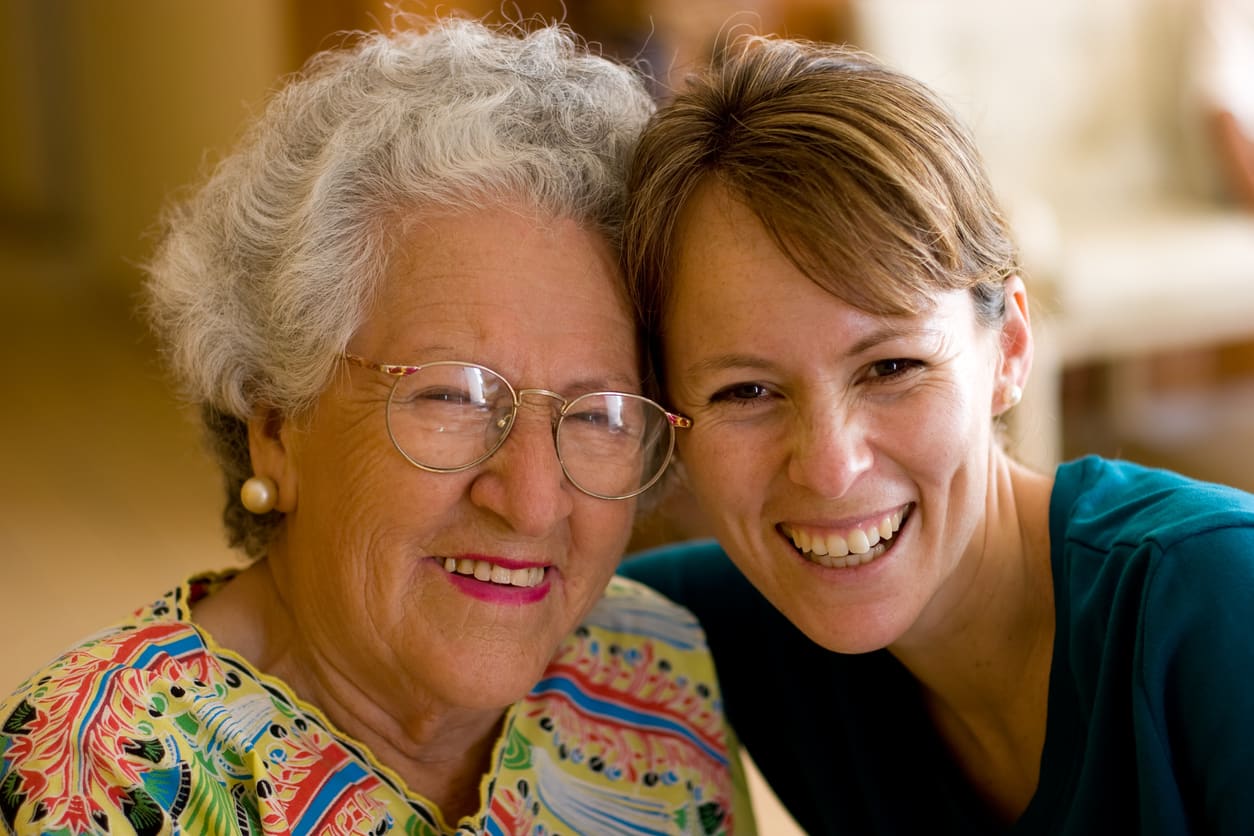Last week we read about the significant impact happiness has on our health and how happiness is a strong factor in determining health and longevity. Be happy and optimistic and improve your health and lifespan. Numerous studies have proven this and it’s clear that working on well-being pays. Now let’s see how we can achieve that goal through practical measures.
We know about the great inter-connection between mood and emotion and biological measures (like blood pressure and amounts of cortisol and inflammation, as well as disease indicators like artery wall thickening). Moreover, well-being is significantly related to stronger immune function. Positive thinking people get fewer colds and viruses.
According to an analysis of 70 studies done amongst well people, those with high well-being are 18% less likely to die of any cause than those with low well-being. Among sick people the difference drops but is still a significant 2% more.
 So, how difficult is it to attain well-being? According to happiness researcher Dr. Sonja Lyubomirsky of the University of California, Riverside, 40% of our happiness is within our power to change through our actions and thoughts. Another 50% can be attributed to genes. Surprisingly, only 10% of our happiness is associated with life circumstances, such as money, health, marriage, and appearance. Dr. Lyubomirsky also states that exercise may well be the most effective booster of instant happiness. If you make fitness a life-long endeavor, it can help you make happiness life-long as well. Dr. Seligman notes that doing an act of kindness produces the single most reliable momentary increase in well-being of interventions he has tested.
So, how difficult is it to attain well-being? According to happiness researcher Dr. Sonja Lyubomirsky of the University of California, Riverside, 40% of our happiness is within our power to change through our actions and thoughts. Another 50% can be attributed to genes. Surprisingly, only 10% of our happiness is associated with life circumstances, such as money, health, marriage, and appearance. Dr. Lyubomirsky also states that exercise may well be the most effective booster of instant happiness. If you make fitness a life-long endeavor, it can help you make happiness life-long as well. Dr. Seligman notes that doing an act of kindness produces the single most reliable momentary increase in well-being of interventions he has tested.
Here are some additional strategies for enhancing your happiness:
- Gratitude—have hakarat hatov!
- Envision your future with an optimistic perspective. What is your best possible future?
- Avoid social comparisons and over-thinking.
- Do chessed, kindness–not just for people you know. Find people you don’t know and help them. It can be planned or spontaneous.
- Develop and nurture relationships with others. Knei l’cha chaver, acquire for yourself a friend!
- Spend quality time with your family. Play with children and grandchildren.
- Develop strategies for coping with stresses and trauma.
- Learn to forgive and forget. Holding grudges and resentments only hurts you.
- Work on developing basic happiness for living in Hashem’s world.
- Take care of your body by exercising, being active, getting some sunshine and smiling!
Dr. Robert Holden of The Happiness Project in England says simply having the intention to be happy changes everything. He says that when you make the decision to be happy, you are calling into your natural self and your internal resources to be yourself—your happy self. Of course we know we can achieve this from “mitzvah gedolah lehiyot b’simcha tamid”–the divine instruction to be happy always. Simcha, happiness, should be our way of life. We have the ability to be happy at all times.
Alan Freishtat is an A.C.E. CERTIFIED PERSONAL TRAINER and a BEHAVIORAL CHANGE and WELLNESS COACH with over 19 years of professional experience. Alan is the creator and director of the “10 Weeks to Health” program for weight loss. He is available for private coaching sessions, consultations, assessments and personalized workout programs both in his office and by telephone and skype. Alan also lectures and gives seminars and workshops. He can be reached at 02-651-8502 or 050-555-7175, or by email at alan@alanfitness.com Check out the his web site –www.alanfitness.com US Line: 516-568-5027.
The words of this author reflect his/her own opinions and do not necessarily represent the official position of the Orthodox Union.

